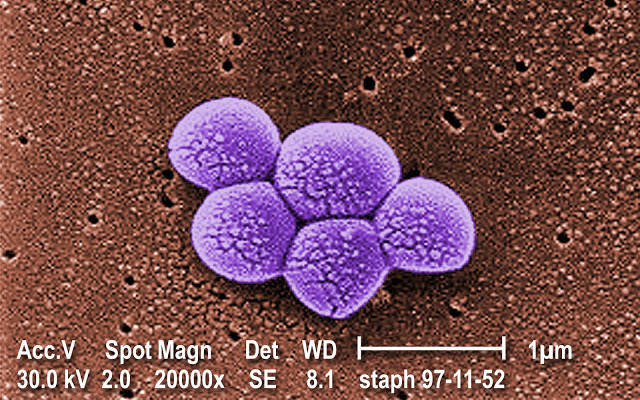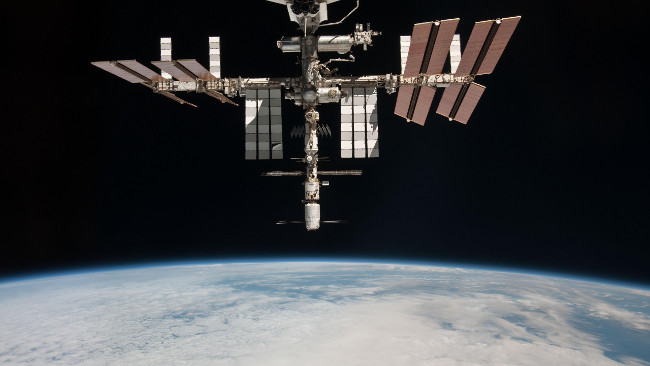Why does SpaceX send the deadly virus to the International Space Station?
Today, February 14, a SapceX Falcon 9 rocket will be launched on the International Space Station (ISS) carrying several laboratory boxes containing MRSA (Methicillin-resistant Staphylococcus aureus) - a bacterium Dangerous antibiotic resistance. MRSA is constantly mutating and causing more deaths than HIV / AIDS and Parkinson's combined. In the US alone, MRSA virus kills 20,000 people every year.
So, what do scientists bring this deadly bacterium to space for?

SapceX's Falcon 9 rocket.
With previous microbial experiments on ISS, scientists knew that a zero-gravity environment would make the mutant bacteria similar on Earth, but at a much faster rate. Because space radiation can change the activity of certain genes, some metabolite proteins will work more actively when in outer space.
In 1999, after an out-of-Earth trip, an E. coli strain had a higher mutation frequency.
In 2000, the mutation rate of a gene inside the bacterium increased three times that of the Earth after more than 40 days on Russia's Space Station.
In addition, the space and the weightless environment also affect people and how our immune system works.
 MRSA is a very dangerous virus for humans.
MRSA is a very dangerous virus for humans.
In the fight against antibiotic-resistant bacteria, we are always slower than them. Therefore, scientists hope to bring MRSA to ISS will make mutant bacteria faster, enabling them to predict their mutant models on Earth to combat human antibiotics. Since then, scientists have been able to promptly diagnose the bacterial and disease-causing strains to destroy them right from the first dose of antibiotic treatment.
 According to scientists, bacteria will mutate faster when in a zero gravity environment.
According to scientists, bacteria will mutate faster when in a zero gravity environment.
In addition, this test also helps scientists and pharmaceutical companies have a valuable reference in developing new drugs in the future.
Currently in the world, antibiotic resistance is happening more and more complicated. Each year antibiotic resistance kills 700,000 people worldwide.
- The golden age of antibiotics is over, the immediate future will be a nightmare for humans
- How did bacteria learn to fight antibiotics?
- 10 reasons why antibiotic resistance is scary right now